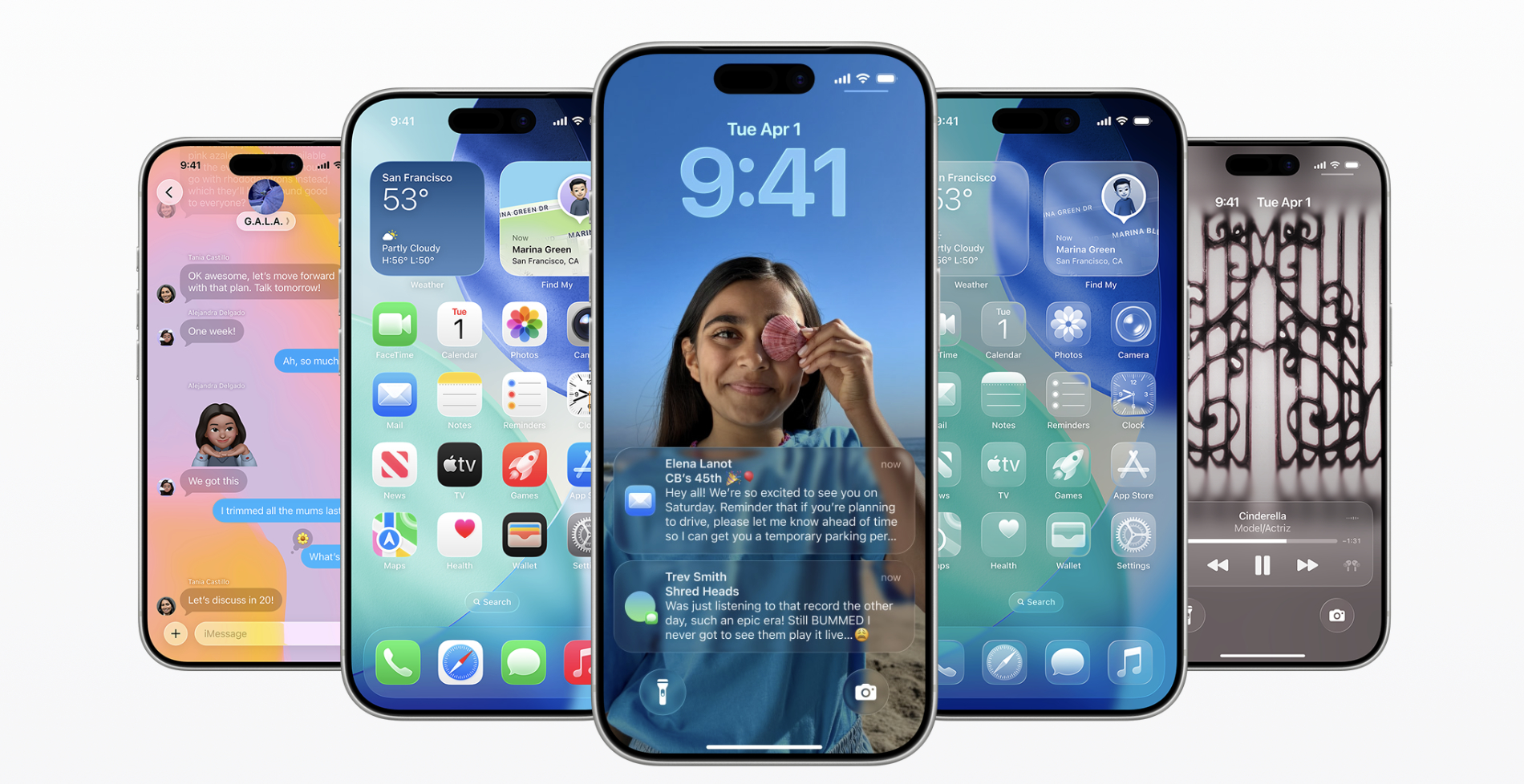
Match Group announced Tuesday that it has discontinued livestreaming services in its dating apps, resulting in a 6% reduction in workforce. The news was delivered during the dating app giant’s second-quarter earnings report.
The move finds Match shifting its focus to other offerings, including generative AI.
The decision to end livestreaming will directly impact dating apps Plenty of Fish (POF) and BLK, which launched a free livestreaming feature — “Live!” — in 2020. The offerings were a bid to encourage users to date virtually during the COVID-19 lockdown. Users could also purchase “Live Credits” to send virtual dates to streamers, similar to TikTok Live.
According to posts on their respective help pages, BLK’s Live feature ends on August 19, whereas POF users will be unable to livestream after August 31.
Additionally, Match is shutting down the Hakuna app, acquired through its purchase of social networking company Hyperconnect in 2021. The app featured livestreams where hosts engaged with users primarily in Korea and Japan.
The company stated that ending livestreaming in a post-pandemic world makes sense, as it was a popular feature when users craved connection during isolation. As the world moves beyond the pandemic, the company has seen a shift in user behavior.
In its earnings call to investors, Match Group CFO Gary Swidler emphasized how customer behavior has changed since 2020.
“When we entered in livestreaming a few years ago, you know the world was different — it was pre-COVID and everything else — but livestreaming at that point, we thought provided attractive kind of adjacent additional source of revenue for us,” Swidler said.
Hinge, another Match-owned dating app, quietly ended its in-app audio and video calling feature last year for similar reasons, as more users have returned to in-person dates.
Revenue sharing also played a role in Match’s decision.
“Livestreaming has the same types of expenses as we see in our other dating businesses, but there’s one significant difference, which is we need to provide a revenue share to the livestreamers,” said Swidler. “And that can be 20% or more of the revenue, so that’s an extra expense that we really don’t see in our dating businesses.”
There is also significant competition with social media platforms like TikTok.
“This year we expected roughly a $60 million revenue contribution from livestreaming, but growing that revenue base has become much more challenging in the face of the competition and the changed landscape and dynamics that we’re facing. Not only that but to reach the scale that we need to reach to achieve even reasonable margins from our perspective, was going to take a significant amount of investment for a significant number of years, even in the best-case scenario,” Swindler added.
This decision to end livestreaming is expected to result in approximately $60 million in annual revenue loss. Yet it’s also estimated to result in $13 million in annual cost savings.
Match tells investors that this shift will allow Match to focus on businesses where it has “proven advantages,” such as generative AI.
Regarding the job cuts, Match Group plans to redeploy some of the Hyperconnect employees who have expertise in artificial intelligence to popular apps Tinder and Hinge. The company has increased its focus on AI in recent years, including an AI-powered photo selector for Tinder profiles.
Speaking of Tinder, the app experienced declines in paid users for the seventh quarter in a row. The figure declined 8% to 9.6 million in Q2, compared to 10 million in the prior quarter.
In February 2023, Match laid off 8% of staff, or 200 employees.






